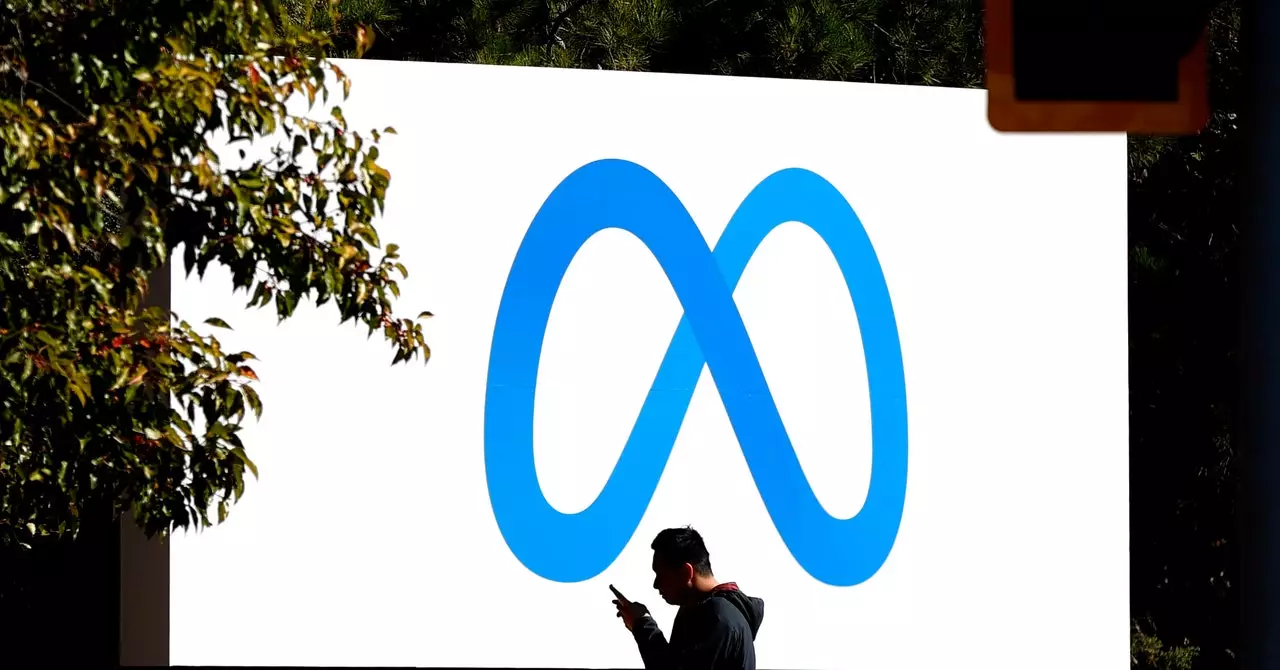In the ever-evolving landscape of social media, the recent changes announced by Mark Zuckerberg concerning Meta’s management of content moderation have raised significant concerns. Critics believe that these shifts signify an alarming regression in the safeguarding of journalistic integrity and the fight against misinformation. The transition appears to place more emphasis on political expediency than the integrity of information shared on the platform.
Disinformation has emerged as a central threat to the integrity of news media, impacting how audiences perceive reality and affecting societal discourse. Nina Jankowicz, previously appointed as the disinformation czar under the Biden administration and now the CEO of the American Sunlight Project, emphasizes troubling aspects of this shift. According to her, funding from Facebook for fact-checking efforts has been instrumental in allowing newsrooms to sustain their reporting endeavors. However, Zuckerberg’s recent statements seem to indicate a desire to diminish these checks, a move she claims will exacerbate the problems of disinformation rather than ameliorate them.
The relocation of Meta’s trust and safety team from California to Texas is particularly noteworthy. Zuckerberg attributes this move to fostering an environment of free expression, suggesting that it will eliminate perceived biases within the team. However, critics argue that this decision reflects a broader intention to curry favor with more conservative narratives, particularly in light of Zuckerberg’s meetings with Donald Trump. The implication here is that Meta is aligning itself with specific political ideologies, which raises ethical questions about its commitment to objectivity in information dissemination.
Furthermore, the notion that relocating to Texas, known for its less stringent regulatory environment regarding tech companies, will nurture trust is questionable. This strategy might further erode public confidence in Meta as a gatekeeper of truthful content. By portraying this shift as a commitment to ‘free speech,’ Zuckerberg may be obscuring the reality that it could intensify the already rampant spread of misinformation.
Community Moderation: Empowering the Wrong Mechanisms
In an attempt to mimic the strategies employed by competitor X, Meta intends to implement a crowdsourced moderation system. Users will be encouraged to write community notes about posts and other users will need to endorse these notes for them to gain visibility. This approach raises concerns over its efficacy in combating bias. While community involvement might seem beneficial on the surface, it could lead to a scenario where the loudest or most motivated voices dominate discussions, potentially sidelining more reasoned perspectives.
Despite claims that this model has worked on X (formerly Twitter), evidence suggests otherwise. Many users are skeptical about the voluntary nature of such moderating efforts, especially when previous iterations, like the BirdWatch initiative, have failed to curb disinformation. It becomes increasingly apparent that empowerment of the community in this way, rather than fostering a more informed dialogue, may deepen polarization and exacerbate the misinformation crisis.
Political Allyship: The Dangers of Aligning with Extremism
Zuckerberg’s recent remarks about collaborating with Trump to oppose international laws and censorship also merit scrutiny. Such alliances raise alarms about the underlying motivations for these policy changes and their potential ramifications. Critics highlight that aligning Meta with far-right ideologies not only thwarts the company’s responsibility to moderate harmful content but sets a disturbing precedent for other social platforms. Critics argue that this is effectively an invitation for extremist narratives to proliferate further, leaving vulnerable communities at risk.
The Real Facebook Oversight Board has condemned these policy shifts, framing them as a retreat from responsible content moderation. Their stance reflects a broader concern: that these changes will legitimize the dissemination of dubious, often harmful content, creating echo chambers that further distort public perception and understanding.
As Meta embarks on this controversial journey, the urgency for accountability in journalism and social media cannot be overstated. The time has come for stakeholders in the industry, including journalists, regulators, and the public, to challenge these changes and demand higher standards for the protection of free and truthful discourse. Engaging in a serious dialogue around the implications of these shifts is critical to ensuring that the integrity of information and journalism is maintained, rather than cast aside in the name of political expediency. If left unchecked, these changes could pose an existential threat, not just to journalism, but to the very fabric of democratic society.

